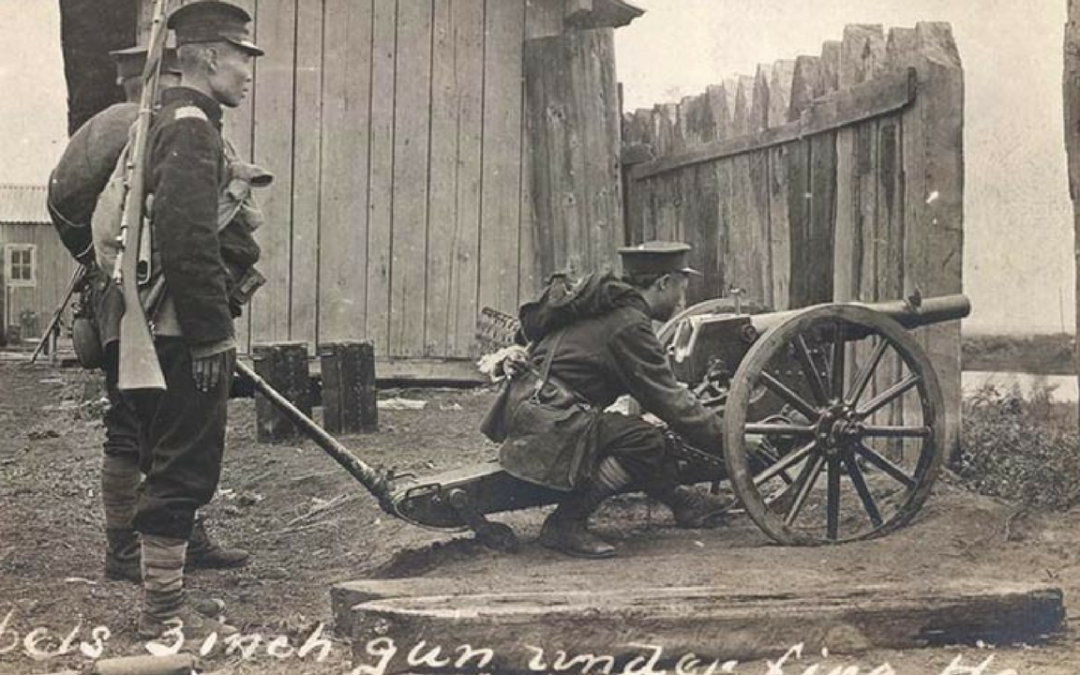A warlord is a military commander, especially a regional commander with idividual authority. Chinese warlords have appeared all throuhout China’s history, springing up in times of turmoil to gain power, and sometimes establishing their own dynasty. Warlords are normally aggressive and ambitious, they want to gain power and will use any means necessary to get it. This is a list of 10 ruthless Chinese warlords.

Cao Cao
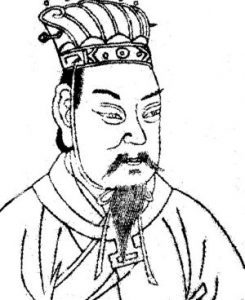
Cao Cao was a ruthless warlord who to rose to power near the end of the Han dynasty. Cao Cao was a brilliant, and successful ruler who treated his subordinates like his family. Cao Cao was one of the three main Chinese warlords of the Three Kingdoms Period. He became the most powerful man in China, and attempted to unify China under his rule. Although he didn’t manage to conquer all of China, he laid the foundations for the Wei imperial dynasty. Cao Cao ruled the northern part of China, which was the most populated, and prosperous. Cao Cao amassed a large army, which was said to have a million men, and marched south. He fought in a battle against his two opposing warlords, Liu Bei, and Sun Quan. If he won, then unifying China would have been possible, but since he lost, the war raged on.

Xiang Ji
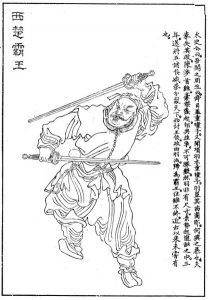
Also known as Xiang Yu, was one of the most famous Chinese warlords during the late Qin dynasty. Xiang Ji led rebel forces at the Battle of Julu. He secured victory against the Qin armies led by Zhang Han. Once the Qin dynasty fell, he declared himself Overlord of Western Chu. He now ruled over a wide array of land, making him one of the most powerful people at the time. He then entered a long brutal struggle against Liu Bang. This war ended at the Battle of Gaixia. Xiang Ji was insurmountably outnumbered, he had only 100,000 troops, to Liu Bang’s 700,000. Xiang Ji was defeated, his forces were devastated, and he eventually resorted to committing suicide at Wu River.

Ying Zheng
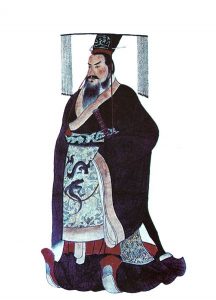
Ying Zheng was e of the State of Qin which had become the most powerful state during the warring states period. Ying Zheng gained power after killing off his political opponents. Ying Zheng created a clever plan which would allow him to conquer the remaining six states. He would first ally himself with Yan and Qi, they were far away from him at the time. He would hold down the states of Wei and Chu, and Conquer Han and Zhao. Allying with distant states meant he needn’t worry about them attacking him, and could concentrate on attacking nearby states which would be easier to defeat. His plan worked, and one by one, he began conquering each state. Eventually he unified China, and became it’s first emperor, renaming himself Qin Shi Huang.

Lubu
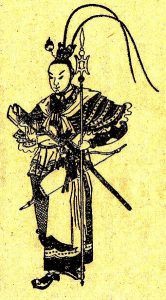
Lubu was one of the most fierce Chinese warlords of the Three Kingdoms Period. He was nicknamed “Flying General” because of his skill with a horse, and bow. Lubu spent his life betraying his masters, and doing whatever was necessary to further his own needs. He was originally a subordinate of Ding Yuan, but betrayed him, and defected to Dong Zhuo. He then betrayed and killed Dong Zhuo. After this he was driven away by Dong Zhuo’s supporters. Lubu would worked under many Chinese warlords and remained loyal to none of them. After going back and forth between sides, his ruthless nature caught up with him and he was defeated at the Battle of Xiapi in 199.

Yuan Shikai
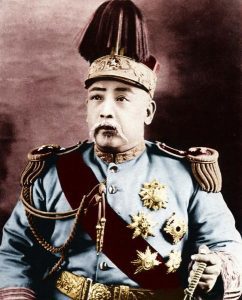
Yuan Shikai was a famous General, and emperor who had considerable influence during the late Qing Dynasty. Yuan is responsible for ending the Qing Dynasty’s 2,000 year rule in 1912. Shikai became the president of the Republic of China, but it didn’t take long for him to declare himself emperor. Only a year after this he was forced to abdicate, which put ended monarchy in China forever. Yuan Shikai was bad at studies but was a great athlete. He pursued a career in the military and became very successful.

Sun Yat-Sen
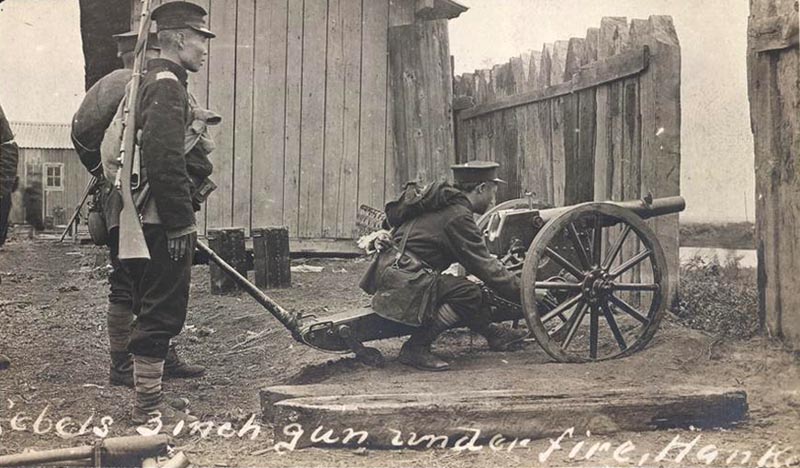
Sun Yat-Sen was a revolutionary, and first president of the Republic of China. Sun played one of the most important parts in overthrowing the Qing dynasty during the years leading up to the Xinhai Revolution. Sun co-founded the KMT, and served as it’s first leader. Sun is highly respected, and even considered to be one of the greatest leaders of modern China. He didn’t have an easy life, and quickly resigned from the presidency due to pressure from warlords. Sun led successive revolutionary governments as a challenge to the warlords who controlled a large portion of China.

Emperor Gaozu of Tang
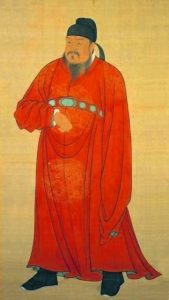
Li Yuan founded the Tang Dynasty of China. In 615 Tang was assigned to Garrison Longxi. He successfully pacified the nomadic people to the north, which raised his reputation. He used the support he gained from this to rebel against the failing Sui dynasty. Li Yuan created a puppet child emperor, and then removed him in order to become emperor himself and establish the Tang dynasty. Li Yuan set out on uniting China, and successfully defeated all the Chinese warlords in his way.

Zhao Tuo
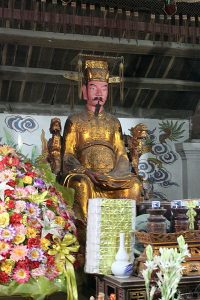
Zhao Tuo was a Chinese general during the Qin dynasty. He directed the Qin conquest of the Baiyue peoples, before establishing the independent nation of Nanyue. He established the city of Panyu which served as Nanyue’s capital. At the end of the Qin dynasty, Zhao took control of a region comprising modern day Xingu, and Guangzhou. Zhao built up his power and took over the territory. He went on to declare himself king of Nanyue.

Emperor Gaozu of Han
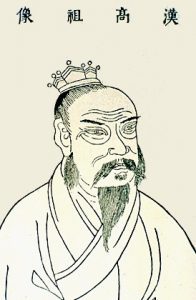
Also known as Liu Bang, he founded the Han dynasty, and was one of the few Chinese emperors to be born a peasant. Bang was a mere patrol officer for the Qin but renounced the Qin Empire, after the death of Qin Shi Huang, and became a rebel leader. He invaded the Qin heartland, and defeated them in 206 BC. After the Qin fell, Xiang Yu divided the Qin empire into Eighteen Kingdoms, and left Liu Bang with a poor region called Bashu. Xiang Yu had become the leader of the rebels, but Liu Bang was never going to accept this. In only one year, he marched his armies forward, and conquered the Three Qins. This is what started the bitter power struggle between them known as the Chu-Han Contention. In 202 BC, Liu Bang destroyed Xiang Yu’s army with a much larger force, and unified China under his rule. He made himself Emperor and founded the Han dynasty which is considered a golden age in Chinese history.

Jiang Jieshi
-225x300.jpg)
Jiang Jieshi, was one of the many Chinese warlords during the Warlord Era. Jieshi was a part of the KMT, a Chinese Nationalist party. He eventually became it’s leader in 1926, after initiating the Canton Coup. This was a purge of communism from the party, and made Jieshi it’s undisputed leader. Jieshi then launched the Northern Expedition. This ended the rule of the Beiyang government, and defeated many Chinese warlords in the process. The expedition lasted 2 years, and it ended with Jieshi unifying china under his rule, and becoming leader of the Republic of China.

